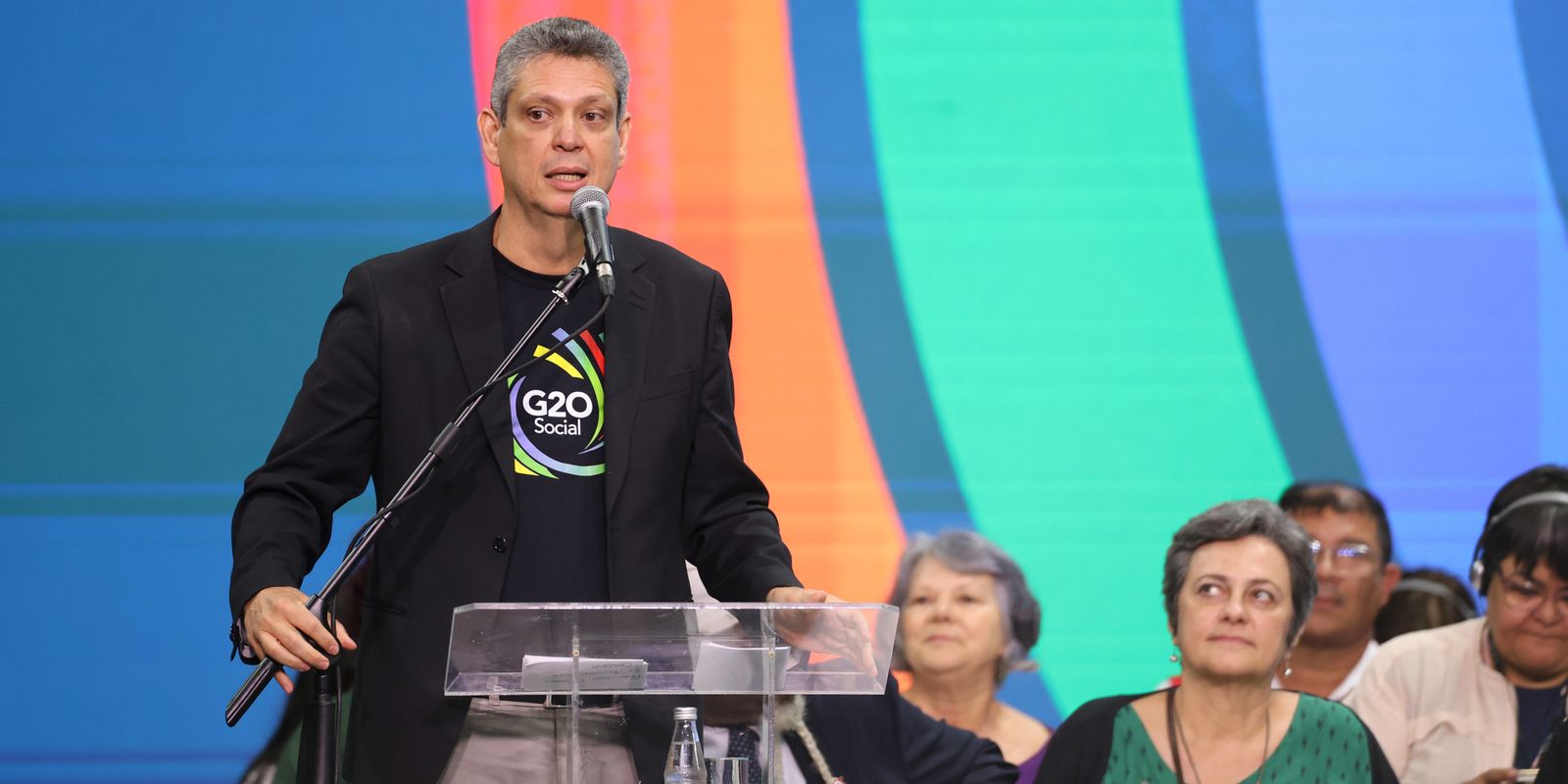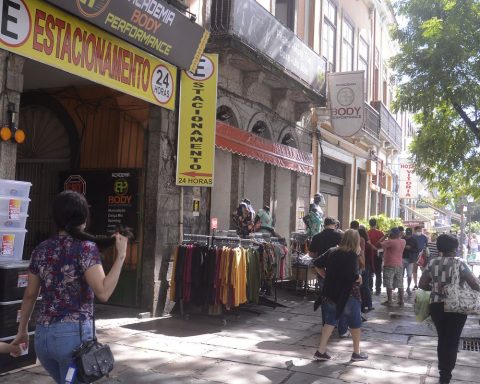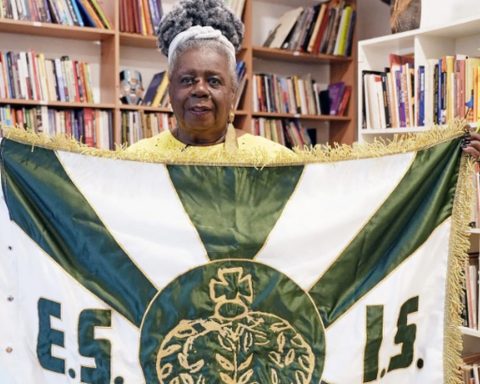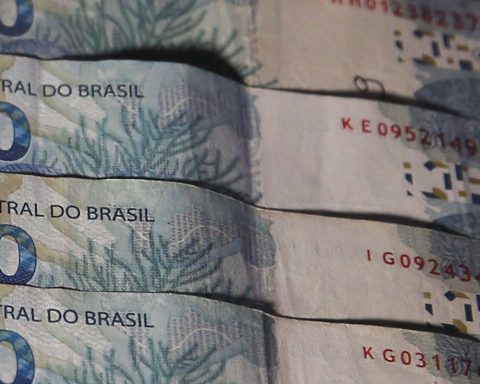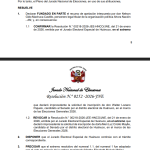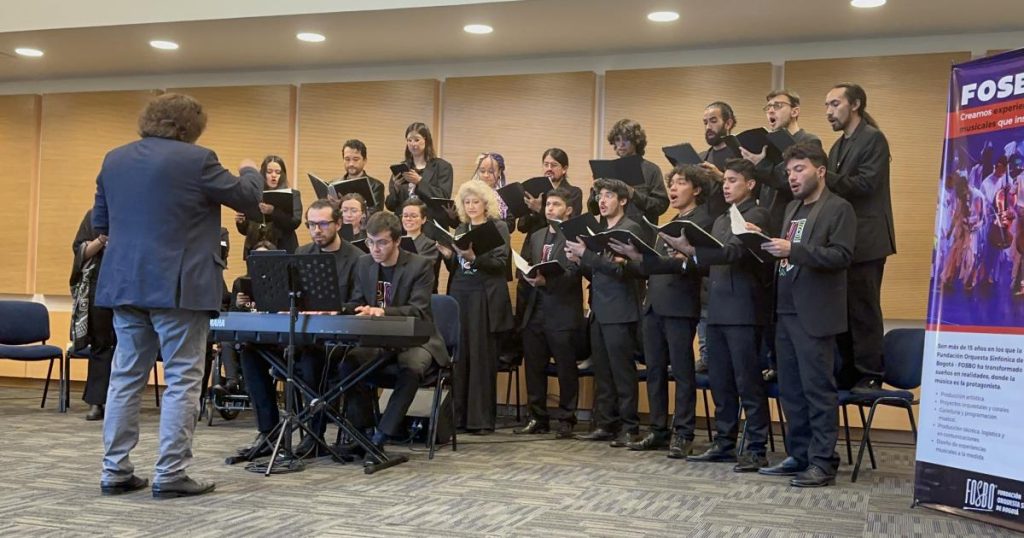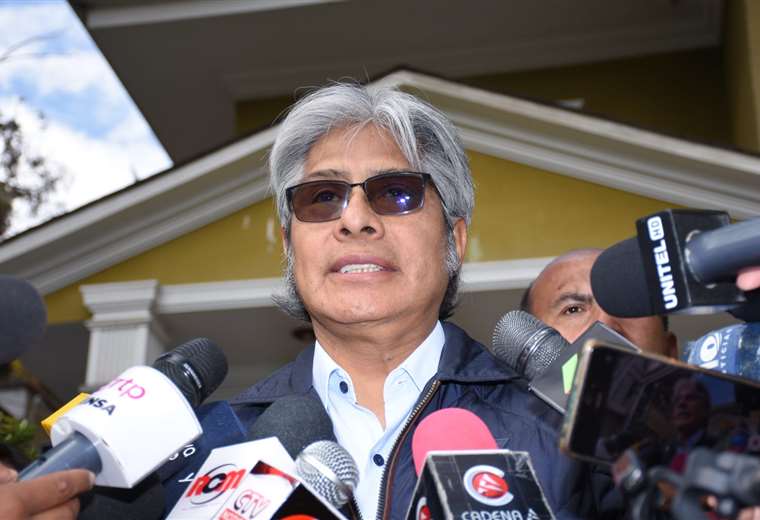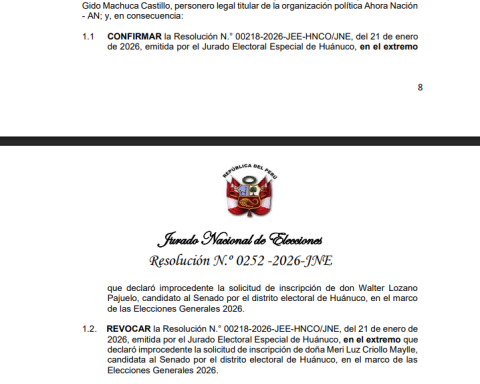The proposals and recommendations included in the G20 Social document will be sent to the leaders of the G20 countries in the form of a notebook attached to the group’s final declaration. The information comes from the chief minister of the General Secretariat of the Presidency of the Republic, Márcio Macêdo, for whom the participation of civil society represented an advance in this forum that brings together the 19 largest economies in the world, plus the African Union and the European Union.
“That was very significant, and I think it was very successful. I am sure that the unprecedented G20 Social created a different atmosphere for the relationship between heads of state [e de governo] which helped to contain all these themes and have a consensus statement addressing sensitive themes of humanity, which had never been debated in a forceful way as it was in this G20 during the Brazilian presidency”, said Macêdo, in a press interview, this Tuesday (19 ), at the G20 Press Center, in Vivo Rio, south of the city.
For the minister, the debates promoted by the G20 Social engagement groups extended the proposals, beyond what had been proposed as central themes, which were the fight against hunger, inequality and poverty; tackling climate change and a fair energy transition; and a new global governance.
“It is obvious that the G20 Social debate was much broader, because it had the entire accumulation of a year of debate in the engagement groups, which in addition to the three themes, has specific things such as the defense of democracy, the discussion of this new world of work. These documents will form an attached notebook that will be sent to the heads of state, as G20 Social proposals, in addition to the three official G20 themes”, informed the minister, who was coordinator of the G20 Social.
According to him, in relation to the three official themes of the G20 determined by the Brazilian presidency, in comparison with the declaration of the heads of state of government, it can be seen that the themes addressed by the synthesis document, which came out of the G20 Social, were included. “All these themes are contained. Very important things that social movements put forward that they were not going to give up are included, such as taxation of the super-rich, such as the Global Alliance against Hunger, with countries joining; financing both to combat poverty and climate change”, he concluded.
Message from Brazil
In the minister’s assessment, with the declaration by the G20 leaders, Brazil gave a message to the world, in the search for consensus towards peace, and, also, the need for the world to unite in the fight against hunger and poverty with the support of 82 countries to the Global Alliance Against Hunger, in addition to a need to democratize global governance. “This correlation of forces that manages the world today came out of the Second World War. The world today is different, countries that did not have as much prominence at that historical moment, do today. So, there needs to be a reformulation. I think that, with these three themes, Brazil managed to dialogue with the world in a very positive way”, he stated.
In the minister’s view, Brazil ends the meeting with the general legacy of holding the G20 Social as a very strong point of society’s participation and interaction in relation to the G20. “I just wanted to remember how the G20 happened. The heads of state were meeting and people 15, 20 kilometers away were protesting. Today the population has come to the center of the debate. There was a specific summit, the G20 Social summit, to be able to discuss, prepare documents, in a free and sovereign way, being able to contribute to this process. So, this contribution that Brazil made to social participation, I think is extraordinary and is here to stay”, he highlighted.
Themes
The definition of the three themes that Brazil raised at the G20, for Macêdo, was fundamental as a guide for the meeting of global leaders. “Putting the fight against hunger at the center of the debate is not a simple thing, putting the fight against climate change and a fair energy transition into the debate, moving away from carbonized economies to a clean economy, is not simple. Putting your finger on the wound that it is necessary to have a new global governance, that this governance that is there is a correlation of forces that came out of the 2nd World War, and that the world today is different, that countries have a leading role, they need to be heard and have decision-making power, these are very innovative and very serious things that were discussed and concrete steps were taken”, he said.
Macedo highlighted that from the point of view of President Lula’s bilateral meetings, held in parallel to the meeting, Brazil is a very important country and is returning to the world stage with its real size. “Brazil is one of the largest economies in the global south, it is the largest economy in the tropics. It is a continental country. It is a mixed country, with an extraordinary culture and people. Brazil is a country that is returning to the international scene with its size and importance, so bilaterals are very important to also reinforce economic partnerships that will reflect on Brazil’s trade balance, on the development of our people, our country , generating jobs and income”, he added.
Mature
Regarding the information that the president of Venezuela, Nicolás Maduro, was willing to join the Global Alliance Against Hunger, the minister considered it positive. “All countries being able to join is important. This is an issue that is plaguing the world, a wound that needs to be faced. It is not possible for us to live in the 21st century with people going hungry. This needs to be addressed, both locally by national states and globally by bodies and organizations in countries around the world. So, any country that wants to join the Global Alliance against Hunger is very welcome and it is important that this happens”, he stated.
